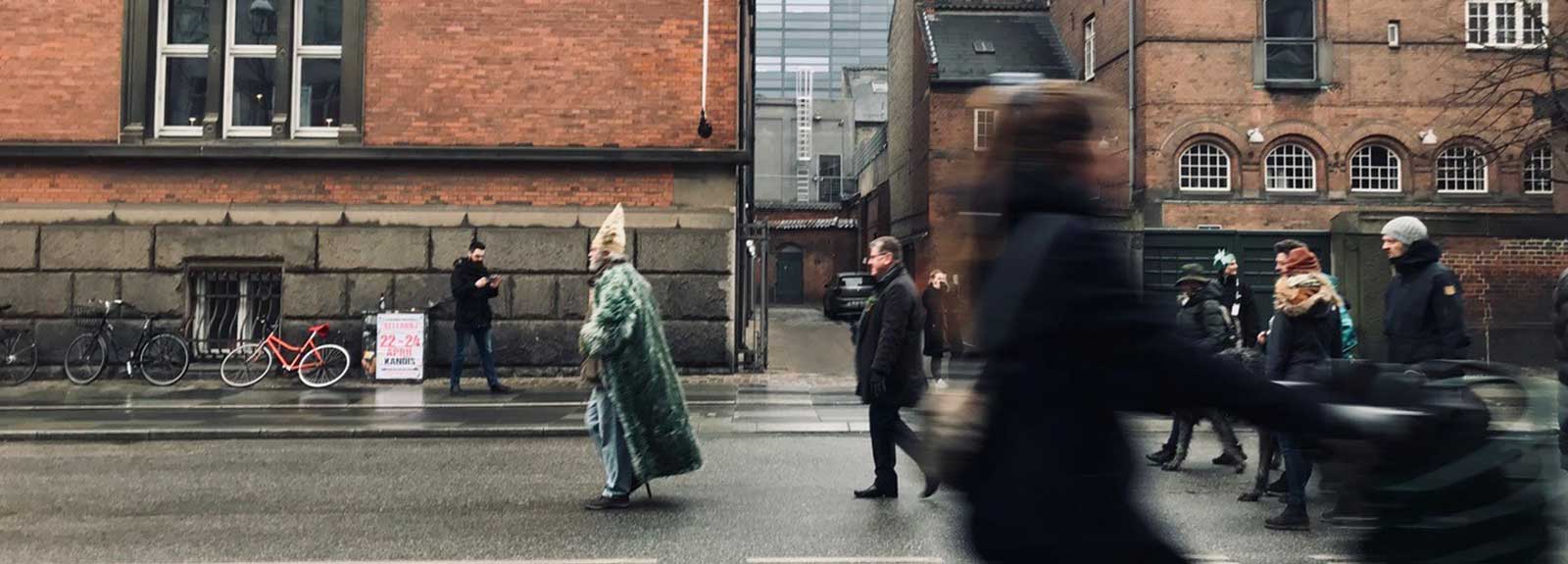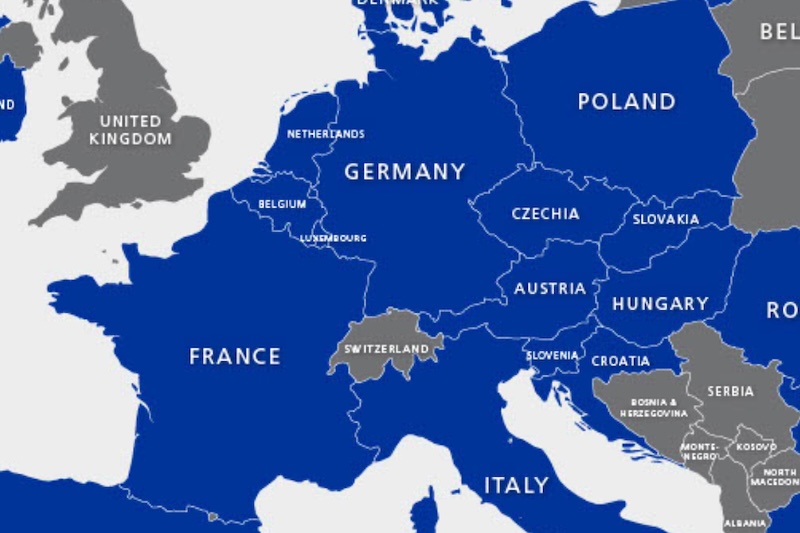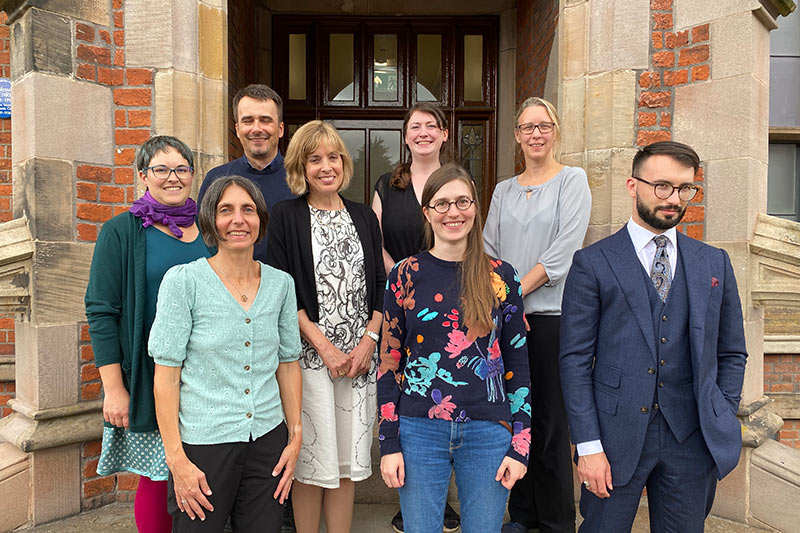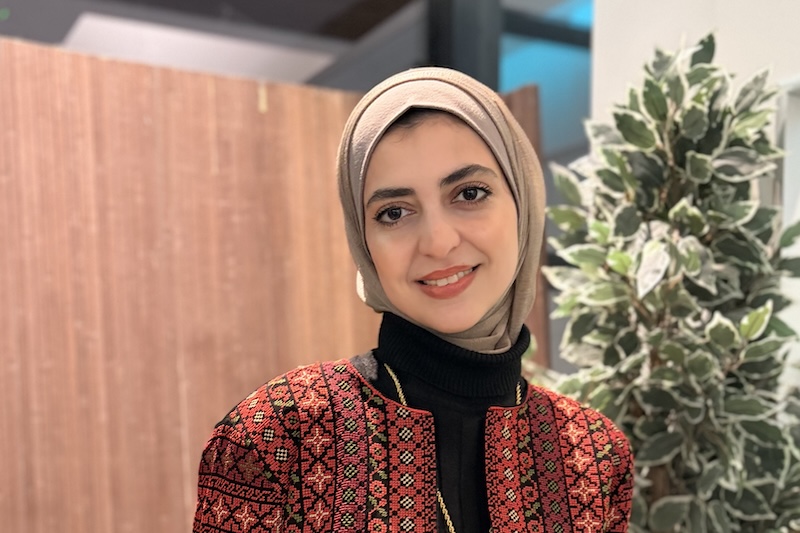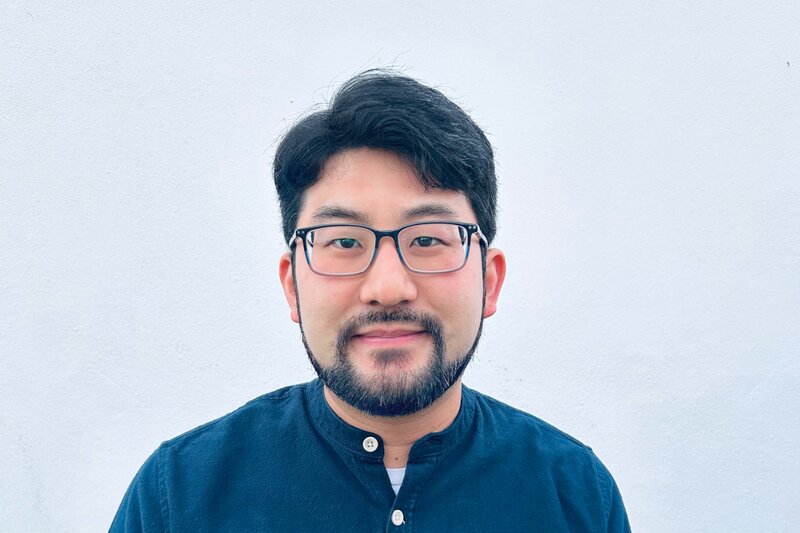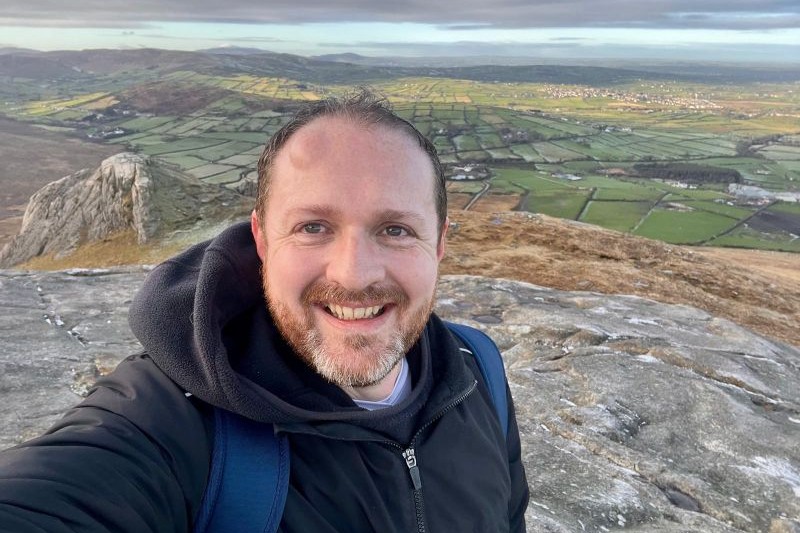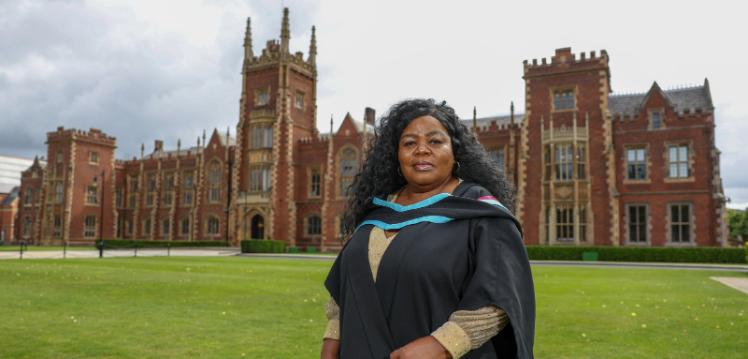Sociology
Sociology at Queen’s University Belfast is internationally recognised for its excellence in teaching and learning while also being accessible and welcoming to students. Our courses draw on our expertise and explore a wide range of social issues across different regions of the world. By studying Sociology at Queen’s, you’ll engage with cutting-edge research and gain a deeper understanding of the forces shaping society today.
Sociology is a discipline concerned with the explanation of social life and human behaviour of all kinds. It equips students with the skills to understand the nature of contemporary society, ranging from the global (including power and politics, conflict and peace processes, security, the digital world, climate change, racism and social justice) to individual experiences (such as the body, intimacy, emotions, identity, beliefs and mental health). Through theoretical tools and methodological techniques, Sociology at Queen’s provides students with a unique way of interacting with the world as critical and engaged citizens. Our staff are internationally recognized academics in key sociological specialisms, including violence and peace, protest movements, religion, family, migration, ethnicity, norms, emotions and politics.
Over 88% of research submitted by colleagues from Criminology, Social Policy, Sociology and Social Work to the Social Policy and Social Work Unit of Assessment (UoA) was judged to be World Leading or Internationally Excellent. An endorsement of the quality of our research and its impacts in areas such as the penal system, mental health and trauma; work once again achieved through work undertaken in partnership with the health, social care and criminal justice sectors. We are delighted that Social Work and Social Policy (including Sociology and Criminology) has been ranked at 12th in the UK (Times Higher Education Social Work and Social Policy UoA table).
IN THE WORLD
FOR GRADUATE PROSPECTS
FOR INTERNATIONAL OUTLOOK
IN THE UK
(Times and Sunday Times Good University Guide 2026)|
Race, Racism, and Inequalities
|
Politics, Conflict, and Protest
|
Identity, Emotion, and Everyday Life
|
What is Sociology?
Prof Lisa Smyth, answers the question 'What is Sociology?' and gives an overview of studying the subject at Queen's University Belfast.
Want to know more? Watch our short clips on religion, social norms and moral panics by the Sociology team!
Student Experience: First Year Sociology
Meet Laura, a second year student studying a BA in Sociology at Queen's. Listen to what she has to say about her experience as a student during her first year of the course, and what advice she has for new students.
Student Experience: Second Year Sociology and Social Policy
Meet Emma, a second year student studying a BA in Sociology & Social Policy at Queen's. Listen to what she has to say about the course, her experience as a student and her advice to new students.
Student Experience: Sociology graduate
Meet Lauren, who graduated in 2024 with a BA (Hons) Sociology. Listen to what she has to say about her experience as a student and her advice to new students.
Did you know that analytical and critical thinking—the very heart of sociology—is the number one skill sought by employers worldwide?
“…analytical thinking remains the top core skill for employers, with seven out of 10 companies considering it as essential”.
World Economic Forum, The Future of Jobs Report 2025
A Sociology degree from Queen’s equips you with valuable transferable skills that are in high demand across a wide range of industries. Sociology graduates thrive in fields such as management, communication, marketing, media, research, publishing, social services, education, and business. The ability to analyse complex issues, gather and evaluate evidence, and think critically makes Sociology an excellent foundation for careers that require problem-solving and strategic thinking. With strong research, analytical, and communication skills, Sociology graduates are well-prepared for diverse and meaningful career paths in today’s evolving job market.
Career Prospects
These include:
- Government, public administration, and policy – roles such as policy advisers, analysts, coordinators, or specialists in equality and diversity.
- NGOs, international development, and advocacy – including social enterprises, voluntary and community work, human rights, and campaign initiatives.
- The private sector – opportunities in advertising, market research, and consultancy.
- Professions that require a deep understanding of society and research skills –such as journalism, think tanks, and politics
- The degree also offers outstanding opportunities to pursue a career in social research or undertake research at Master and PhD level; as such it gives access to careers in education, higher education and academic research.
- The degree also provides the foundational skills to access the Social Science PGCE course.
Hear from our Careers Consultant about what’s possible with a Sociology degree:
Visit Employability and Our Graduates for more information.
Academic Staff
| Name | Area of Research Expertise | Telephone | |
|---|---|---|---|
| Dr Veronique Altglas |
Sociology of religion: religious individualism & bricolage; religion & social class; globalisation of religion; religion in Northern Ireland; new religious movements; responses to religious diversity; cult controversies. Sociology of Anti-Semitism & ethnic relations. Epistemology; Research ethics. |
v.altglas@qub.ac.uk | +44 (0)28 9097 3581 |
| Dr Emma Calvert | Education, employment and social inequality. | e.calvert@qub.ac.uk | +44 (0)28 9097 3958 |
| Professor Gladys Ganiel | Religion, conflict and peacebuilding; sociology of religion on the island of Ireland. | g.ganiel@qub.ac.uk | +44 (0)28 9097 3658 |
| Dr Nicole Gleghorne | Early numeracy development, quantitative methods and effectiveness of educational interventions. | n.gleghorne@qub.ac.uk | |
| Professor Katy Hayward | Borders, sociology of Ireland; Brexit; political sociology. | k.hayward@qub.ac.uk | +44 (0)28 9097 3189 |
| Dr Jonathan Heaney |
Sociology of emotion, political sociology, political sociology of emotion, power, nationalism, social theory, sociology of Ireland, relational sociology, process ontology. |
j.heaney@qub.ac.uk | +44 (0)28 9097 3482 |
| Dr Cathal McManus | Conflict and conflict transformation; othering; political extremism and sectarianism; peace processes; nationalism and identity politics. | c.p.mcmanus@qub.ac.uk | +44 (0)28 9097 5914 |
| Dr Cate McNamee | Race and ethnicity; family, marriage; large-scale longitudinal panel survey analysis | c.mcnamee@qub.ac.uk | +44 (0)28 9097 3342 |
| Professor John Nagle | Divided societies; social movements; sectarianism; sexuality. | john.nagle@qub.ac.uk | +44 (0)28 9097 5922 |
| Professor Lisa Smyth | Norms, Emotions, Social Conflict and Change, Agency, Care, Family, Abortion, Motherhood. | l.smyth@qub.ac.uk | +44(0)2890973251 |
| Dr Rin Ushiyama |
Cultural sociology; memory studies; right-wing social movements; historical denial; East Asia; East Asian religions; diasporas; social theory; sociology of intellectuals. |
r.ushiyama@qub.ac.uk | |
| Dr Ulrike M Vieten | Sociology of Gender and Ethnic Minorities; Citizenship, Migration and Gender in Europe; Transnationalism and Europeanisation; Normalisation of the Global Far-Right. | u.vieten@qub.ac.uk | +44 (0)28 9097 2528 |
Research Staff |
Sociology articles from our current Newsletter

